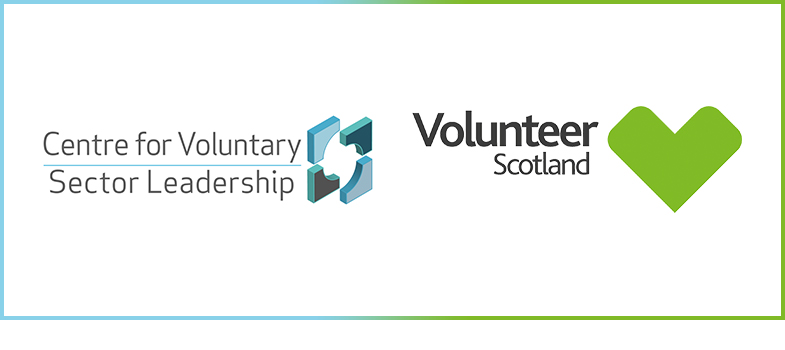1.3 How you will learn
The course aims to be accessible, appropriate and adaptable to your situation. To help with this, the course uses a ‘reflective practice’ approach to learning, which encourages participants to observe, reflect and act.
‘Reflective practice’ is becoming increasingly common in a range of contexts. At its core is the sense that reflecting on what you do makes you better at what you do. As volunteering takes place in so many different settings and takes many different forms, this is not a course that shares the right answer but encourages you to ask the right questions. Several different models of reflective practice [Tip: hold Ctrl and click a link to open it in a new tab. (Hide tip)] exist, and you can learn more about these in the OpenLearn course Learning to teach: becoming a reflective practitioner.
To support reflective practice the course contains a series of activities. You will get the most out of the course if you work through the activities and record your responses in this learning journal. Once you click on the link, you can download the template and use it to help you structure your reflections on the activities and build them into an action plan for your work.
Although the learning materials are online, this does not mean that all learning will take place online. You will learn through applying ideas and asking questions within your context. The activities are written from the perspective of an individual working their way through the material. However, it is worth exploring how you might involve others in this learning and how to apply this reflective practice in a group setting.
The course will also signpost you to further resources at the end of each section. Where relevant, reference materials have been included throughout the course to act as a gateway to further reading and learning if you wish to explore this.
1.2 What you will learn
